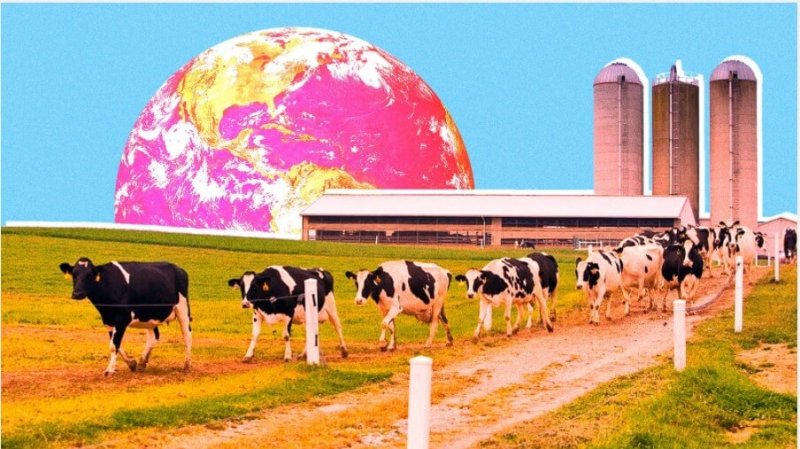Last fall, the National Cattlemen’s Beef Association (NCBA) took out a full-page ad in The New York Times declaring that the U.S. “produces the most sustainable beef in the world” and that “cattle play an important role in protecting and enhancing our ecosystems.”
Why was the nation’s beef trade group spending some of its $66.5 million budget to promote this climate-forward message? Because the conversation about the climate crisis has been heating up (pun intended) and policy makers increasingly connect food production, particularly meat and dairy, with the crisis—and rightfully so.
Last year, a study published in Climatic Change set out to explore the climate culpability of the top 35 animal agriculture companies globally in terms of climate impacts, building on an earlier report from the Institute for Agriculture and Trade Policy (IATP) and GRAIN.
This new study investigates how the world’s biggest meat and dairy companies are being transparent (or not) about this responsibility and what role these companies play in a political and cultural conversation that is leading to obstruction on climate action.
…
“If you look at how many of these 35 meat and dairy companies analyzed in that report even calculate the share of their own emissions, it’s less than half. This is a big indicator that they don’t view themselves as having much responsibility and that society hasn’t held them accountable for these problems,” [said study coauthor Jennifer Jacquet.]































